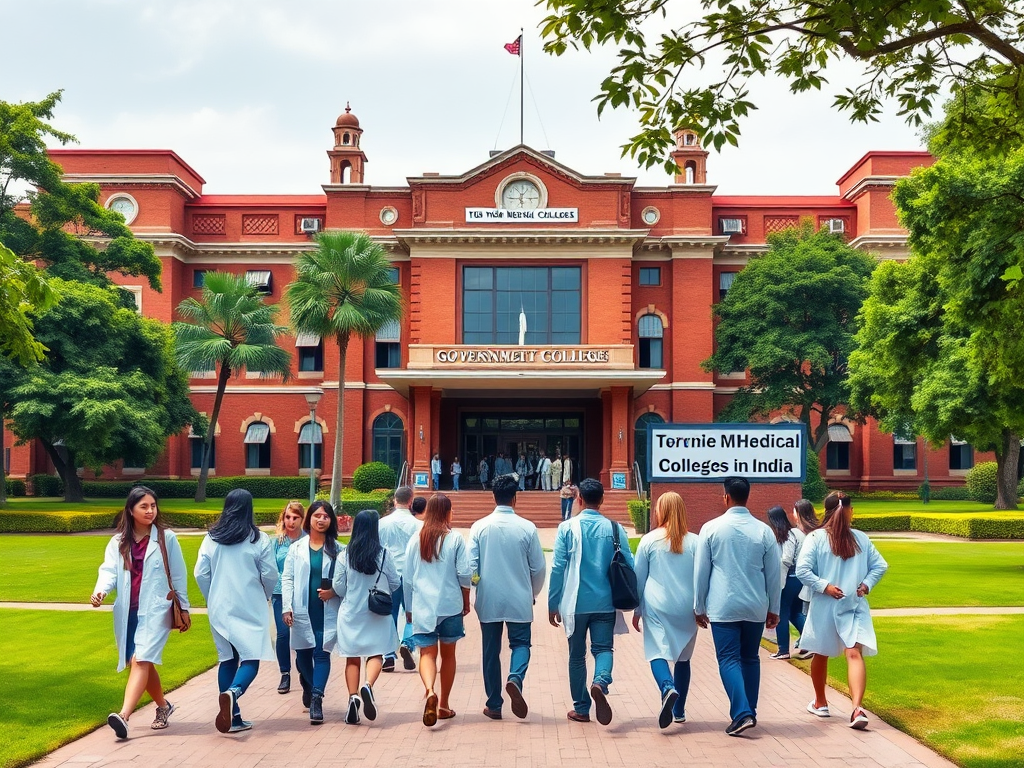The Rise of Generative AI: Shaping the Future of Innovation

The Rise of Generative AI: Shaping the Future of Innovation
Artificial Intelligence (AI) has come a long way in the past few years, and one of its most exciting advancements is Generative AI. With its ability to create content, designs, solutions, and even artwork, generative AI is disrupting industries and unlocking new possibilities for businesses, creatives, and everyday consumers.
In this blog, we’ll dive deep into how generative AI is transforming industries, its real-world applications, and the future impact it’s poised to have.
What is Generative AI?
Generative AI refers to algorithms that create new content by learning from existing data. Unlike traditional AI, which typically focuses on recognizing patterns or making predictions, generative AI generates original content, such as text, images, music, code, and even video. Well-known examples of generative AI models include OpenAI’s GPT-3, DALL-E, and DeepMind’s AlphaCode.
These models are trained on massive datasets, allowing them to learn the underlying structure of data and produce new, meaningful outputs. This opens up a wide range of possibilities, from automating creative processes to improving efficiency in business operations.
How Generative AI is Transforming Industries
Content Creation
Generative AI is revolutionizing content creation. It enables writers, marketers, and designers to produce high-quality work in less time. For example, GPT-3 can write articles, scripts, and even poetry based on a few input prompts. Additionally, platforms like DALL-E can generate unique images from text descriptions, offering fresh visual content within seconds.
Healthcare
In healthcare, generative AI is assisting researchers in designing new drugs, modeling complex biological processes, and creating personalized treatment plans. AI-powered algorithms generate molecular structures that could effectively target specific diseases, significantly accelerating the drug discovery process. Moreover, generative AI produces synthetic medical data, helping train AI models while maintaining patient privacy.
Business Automation
Generative AI is transforming business operations through automation. AI chatbots and virtual assistants enhance customer service by instantly answering queries and handling repetitive tasks. Additionally, AI models generate sales reports, financial forecasts, and marketing strategies with minimal human input, optimizing efficiency and reducing costs.
Creative Industries
Generative AI is pushing the boundaries of creativity. In music, AI models compose songs across various genres, while tools like DALL-E create stunning, unique artwork. Film and game studios use AI to generate storylines, visual effects, and characters, cutting down production time and costs. Rather than replacing human creativity, these tools complement and enhance artistic work.
Challenges and Ethical Considerations
Despite its potential, generative AI faces challenges. One major concern is the misuse of AI-generated content, such as deepfakes used for spreading misinformation. Additionally, biased training data can lead to skewed AI outputs. Companies are addressing these issues by implementing ethical guidelines and ensuring that AI models are transparent and accountable.
The Future of Generative AI
The future of generative AI looks promising. As models become more advanced, industries will adopt AI for tasks such as content creation, problem-solving, and design. Generative AI has the potential to become an essential tool across various sectors, from healthcare and business to entertainment and education.
By embracing generative AI responsibly, businesses and individuals can unlock unprecedented opportunities for growth, efficiency, and innovation.
Conclusion
Generative AI is one of the most transformative technologies of our time. Its ability to generate content, solve problems, and optimize processes is unlocking endless possibilities. While challenges remain, the potential benefits far outweigh the risks. As we continue to explore its capabilities, it is essential to use generative AI responsibly to ensure its positive impact on society.







